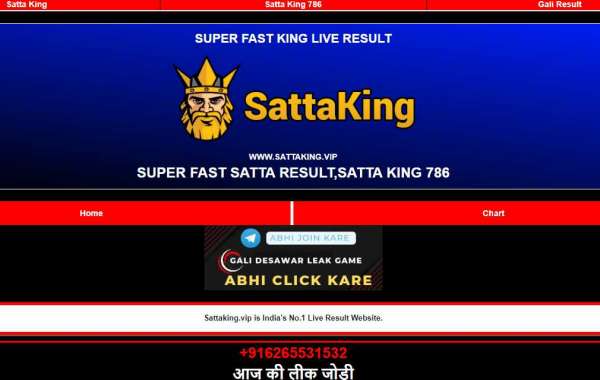We understand the importance of efficient water management in various industrial applications. We've developed cutting-edge water-saving systems to optimize water usage, reduce waste, and enhance operational efficiency. In this comprehensive guide, we'll delve into our innovative water saver system's essential components and benefits, providing valuable insights into how they can transform your operations.
Understanding Water Saver Systems
Water saver systems are advanced solutions engineered to monitor, regulate, and optimize water usage in industrial settings. These systems leverage state-of-the-art technology and intelligent control mechanisms to ensure water resources are utilized efficiently and sustainably, resulting in cost savings, environmental conservation, and improved productivity.
Critical Components of a Water Saver System
Flow Sensors: Flow sensors are crucial components of a water saver system and are responsible for accurately measuring water flow rate within a pipeline or system. Flow sensors empower accurate management and enhancement of water utilization by furnishing real-time insights into water consumption.
Control Valves: Control valves are pivotal in regulating water flow within a system. These valves have actuators that adjust the flow rate based on input from the system's control unit, ensuring optimal water distribution and conservation.
Monitoring and Control Unit: The monitoring and control unit serves as the brain of the water saver system, collecting data from flow sensors and other input devices, analyzing usage patterns, and making real-time adjustments to optimize water usage and minimize waste.
Benefits of Water Saver Systems
Water Conservation: By monitoring and controlling water usage more effectively, water-saving systems help conserve this precious resource, reducing consumption and minimizing waste.
Cost Savings: Enhanced water management equates to substantial cost reductions for industrial facilities, as decreased water usage results in reduced utility costs and operational expenses.
Environmental Sustainability: Water-saving systems are essential for ecological sustainability, as they help conserve natural resources and diminish the carbon footprint of industrial activities by minimizing water wastage and encouraging responsible usage.
Compliance and Regulations: Many industries are subject to strict regulations and standards regarding water usage and environmental impact. Implementing a water-saving system can help ensure compliance with these regulations, avoiding fines and penalties associated with non-compliance.
Conclusion
At Proteus Industries Inc., we're committed to helping our customers maximize efficiency, conserve resources, and achieve sustainable success with our innovative water saver systems. By embracing these fundamental solutions, businesses can enhance water efficiency, minimize waste, and realize substantial cost reductions, all while playing a part in building a more sustainable future for future generations. Contact us today to learn more about how our water saver systems can transform your operations.
FAQs (Frequently Asked Questions)
- How does a water saver system work?
A water saver system monitors water usage, analyzes data, and makes real-time adjustments to optimize usage and minimize waste.
- What industries can benefit from using a water saver system?
Virtually any industry that utilizes water in its operations can benefit from using a water saver system, including manufacturing, agriculture, hospitality, and healthcare.
- Are water saver systems customizable to specific needs?
Water-saving systems can be tailored to suit the unique needs of various industries and applications, guaranteeing top-notch performance and effectiveness.
- Can a water saver system detect leaks and other issues?
Many water saver systems have leak detection capabilities, allowing them to identify leaks and other problems that may compromise efficiency and performance.
- Are water saver systems easy to install and maintain?
Water-saving systems are engineered to be user-friendly and straightforward to install, requiring minimal maintenance once they run.
- What are the long-term cost savings associated with using a water saver system?
The long-term cost savings can be substantial, including reduced utility bills, lower maintenance costs, and avoiding fines for non-compliance.
- Can a water saver system be integrated with existing infrastructure?
Yes, water saver systems can be integrated with existing infrastructure, allowing for seamless implementation without the need for extensive modifications.
- What is the return on investment (ROI) for implementing a water-saving system?
The return on investment (ROI) associated with installing a water-saving system can fluctuate based on factors like water consumption habits, the scale of the establishment, and the prevailing cost of water in a given area. However, many businesses see a significant ROI within a relatively short period.
- Are there government incentives or rebates available for implementing water-saving systems?
In some regions, government incentives or rebates may be available to businesses implementing water-saving technologies, including water saver systems.
- How can I implement a water saver system in my facility?
To implement a water-saver system in your facility, contact a reputable provider like Proteus Industries Inc. Our group of skilled professionals is equipped to evaluate your requirements, suggest the optimal solution, and assist you in navigating through the implementation phase.














